Enshrinement of the rights of disabled have always been an utmost priority of international treaties and various international and national frameworks. A significant progress has been made by many countries, however the world is still experiencing a wide gap in achieving the highest attainable health standards for persons with disabilities. According to WHO global report on health equity for persons with disabilities, 16% of the world’s population has significant disability reinforcing the political importance and scale of disability. Addressing the health inequities contributes towards universal health coverage, leads to inclusivity in cross sectoral public health interventions which can benefit all and also protects this population in health emergencies. Informaticians have not overlooked disability but have considered one population or one disability thereby making a meaningful contribution towards a specific disability and the related functional limitation. However there is a need to understand the intersection of different experiences which an individual undergoes while suffering from more than one disability at one time and then approaching the design of the intervention from a holistic point of view. Human centered design approaches need to be practiced while working for this marginalized population to understand their lived experiences. Combining community based participatory research and building inclusive , effective, accessible and sustainable solutions would benefit people with disabilities and beyond.
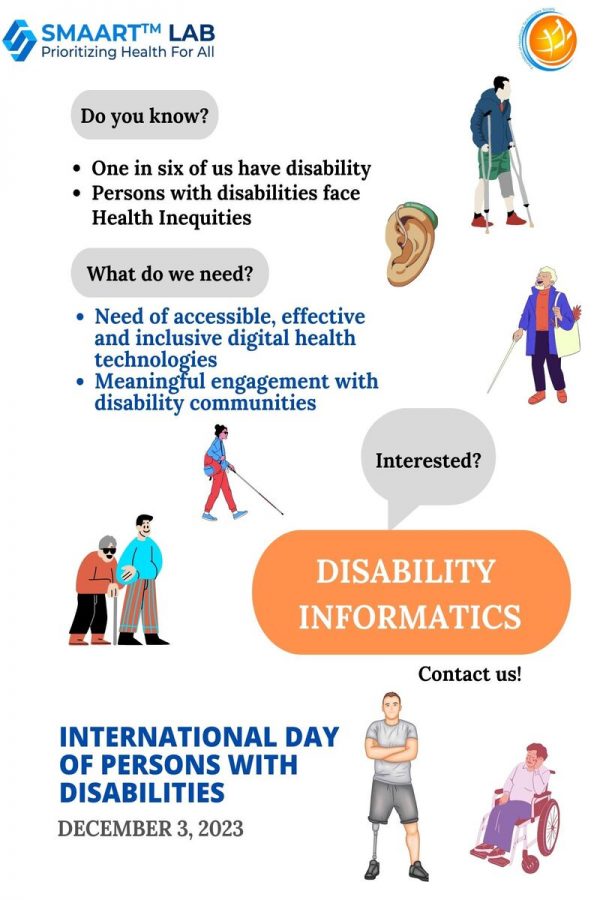

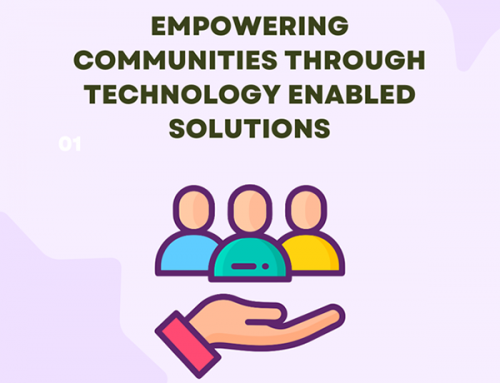
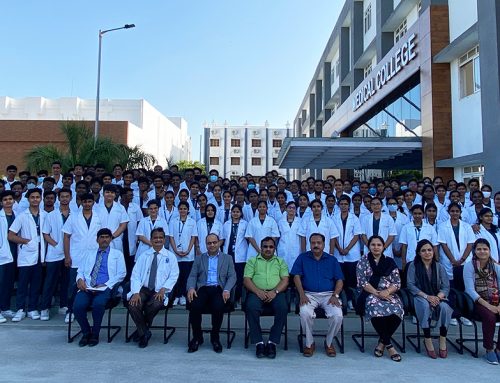
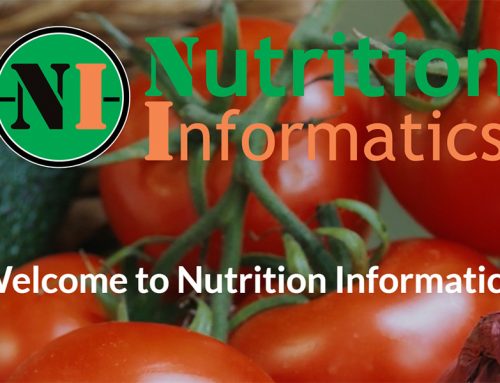

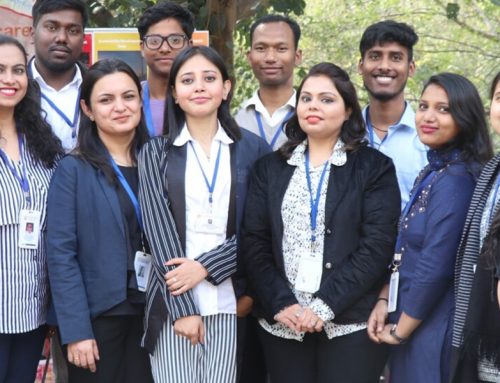
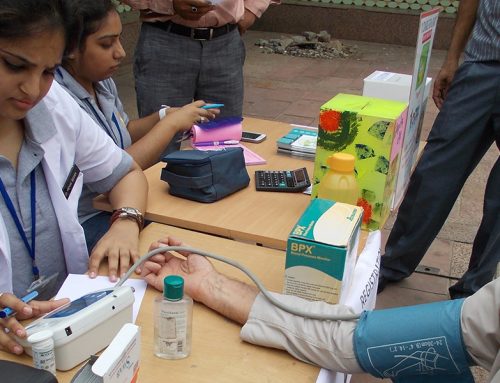
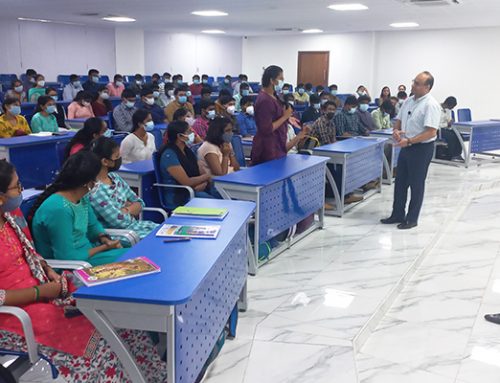
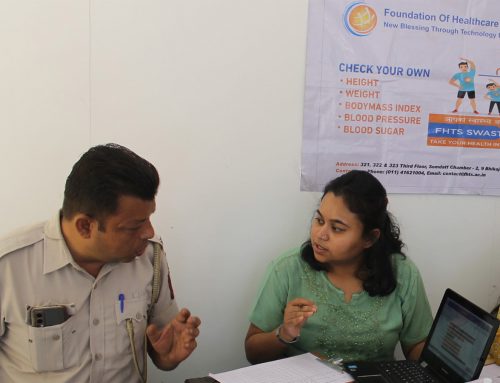
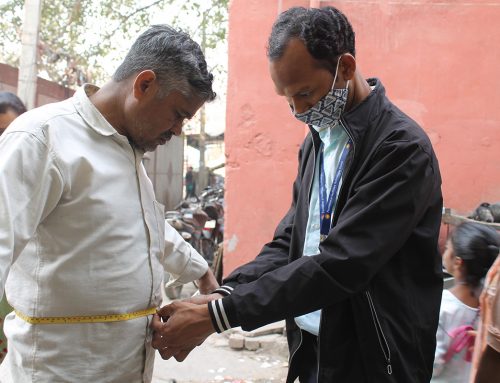
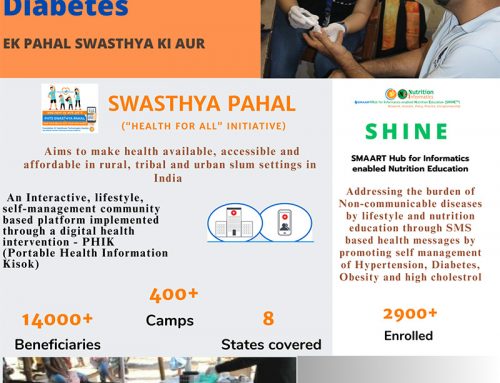
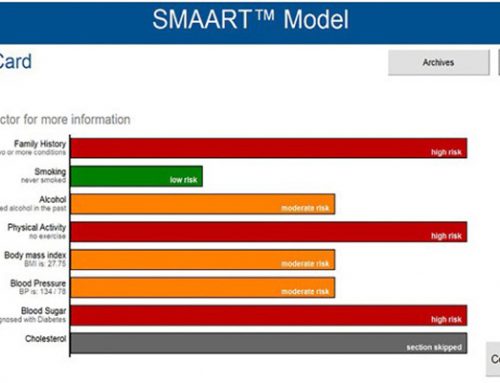
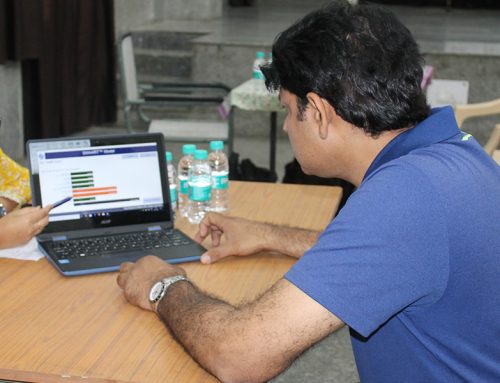
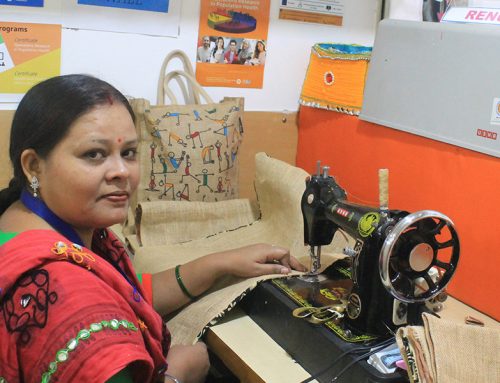
Leave A Comment